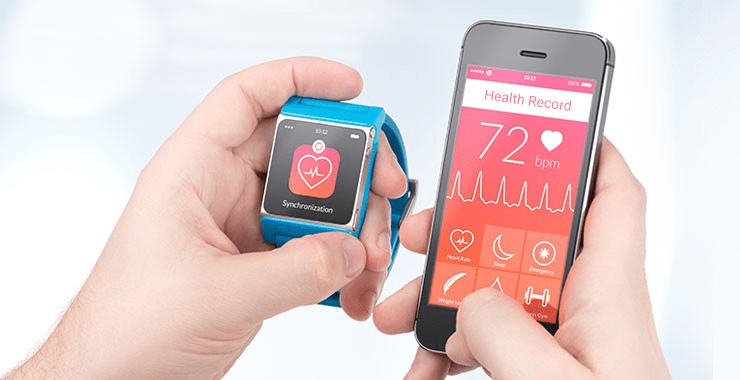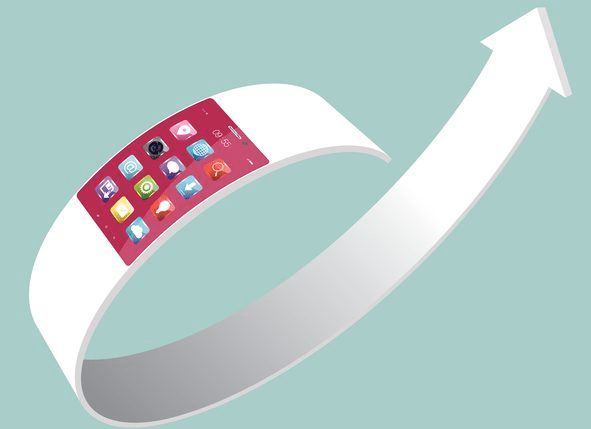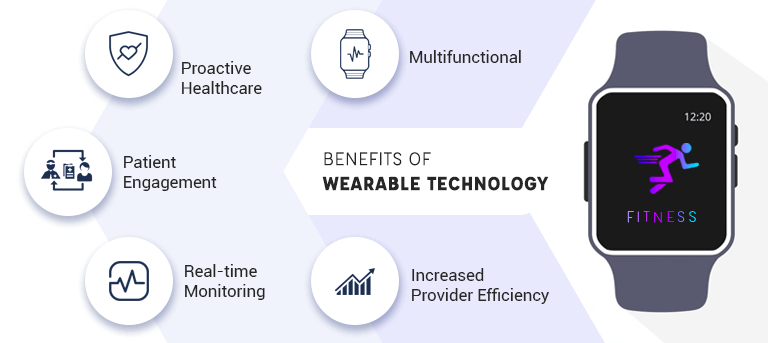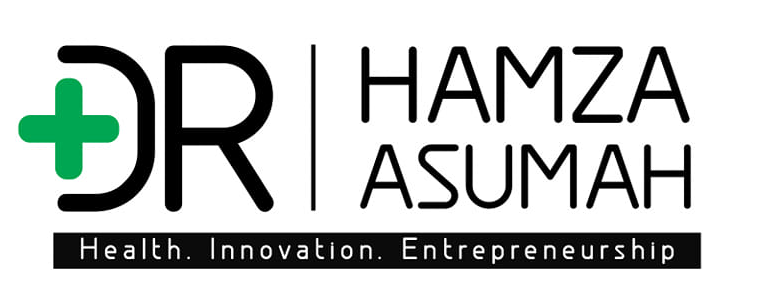Hamza Asumah, MD, MBA
In recent years, wearable technologies have emerged as a game-changer in the healthcare industry, offering innovative solutions for patient health monitoring and diagnostics. These devices, which are worn on the body or integrated into clothing, have the potential to transform how healthcare is delivered and empower individuals to take charge of their health. For healthcare entrepreneurs, understanding the impact of wearables and leveraging their capabilities is crucial for running successful businesses in the rapidly evolving healthcare landscape.

Photo By BLE Mobile Apps
Impact of Wearable Technologies on Patient Health Monitoring
Wearable devices such as smartwatches, fitness trackers, and medical-grade sensors have revolutionized patient health monitoring by providing real-time data on various vital signs and health metrics. These devices enable continuous monitoring of parameters such as heart rate, blood pressure, activity levels, sleep patterns, and even glucose levels for patients with diabetes. By collecting and analyzing this data, healthcare providers can gain valuable insights into a patient’s health status, detect early warning signs of potential health issues, and personalize treatment plans accordingly.
The continuous monitoring capabilities of wearables offer several benefits, including early detection of abnormalities, improved management of chronic conditions, and enhanced patient engagement. For healthcare entrepreneurs, developing wearable devices that enable accurate and reliable health monitoring can create new opportunities for delivering personalized and data-driven healthcare solutions.

Photo By BlairCandy
Impact of Wearable Technologies on Diagnostic Processes
Wearable technologies are also transforming diagnostic processes by enabling remote monitoring and real-time analysis of health data. For example, wearable ECG monitors can detect irregular heart rhythms and alert patients and healthcare providers to potential cardiac issues. Similarly, wearable devices equipped with biosensors can track biomarkers in sweat or blood, providing valuable information for diagnosing conditions such as dehydration, diabetes, and infections.
By integrating wearable technologies into diagnostic processes, healthcare entrepreneurs can streamline the delivery of healthcare services, reduce the burden on healthcare systems, and improve patient outcomes. These devices have the potential to facilitate early diagnosis, prevent complications, and empower patients to proactively manage their health.
Opportunities for Healthcare Startups
The rise of wearable technologies presents numerous opportunities for healthcare startups to innovate and disrupt traditional healthcare models. Entrepreneurs can develop wearable devices that address unmet needs in the market, such as remote patient monitoring, chronic disease management, and personalized healthcare solutions. By leveraging the data collected from wearables, startups can create predictive analytics tools, AI-driven algorithms, and telehealth platforms that enhance the quality and efficiency of healthcare delivery.
Moreover, wearable technologies offer opportunities for collaboration with healthcare providers, insurers, and researchers to improve patient outcomes and drive healthcare innovation. By partnering with key stakeholders in the healthcare ecosystem, startups can access valuable resources, expertise, and funding to scale their businesses and bring innovative products to market.

Photo By Medcity News
Relevant Data Supporting Wearable Technologies in Healthcare
According to a report by Grand View Research, the global wearable medical devices market size is projected to reach USD 87.9 billion by 2028, with a compound annual growth rate (CAGR) of 25.7%. This rapid growth is driven by factors such as increasing prevalence of chronic diseases, growing demand for remote patient monitoring solutions, and advancements in sensor technologies.
Furthermore, a study published in the Journal of Medical Internet Research found that wearable activity trackers can positively impact physical activity levels, weight loss, and overall health outcomes in users. The study highlighted the potential of wearables to promote behavior change and improve adherence to health goals, demonstrating the effectiveness of wearable technologies in promoting healthy lifestyles and preventing chronic diseases.
Another study published in the Journal of Clinical Sleep Medicine showed that wearable sleep trackers can accurately measure sleep patterns and identify sleep disorders, providing valuable insights for diagnosing and treating sleep-related issues. The data collected from these devices can help healthcare providers tailor treatment plans and improve patient outcomes in the realm of sleep medicine.
Data from the healthcare industry also supports the value of wearable technologies in improving patient outcomes and reducing healthcare costs. For instance, a study conducted by the American Medical Association found that remote patient monitoring using wearable devices led to a 45% reduction in hospital admissions and a 20% decrease in emergency room visits among patients with chronic conditions. These findings underscore the potential of wearables to enhance care coordination, prevent complications, and optimize healthcare resource utilization.

Photo By Mobisoft Infotech
In conclusion, wearable technologies are playing a transformative role in patient health monitoring, diagnostic processes, and healthcare entrepreneurship. These devices offer innovative solutions for delivering personalized and data-driven healthcare services, empowering patients to take control of their health, and creating new opportunities for startups to innovate and disrupt the healthcare industry.
For healthcare entrepreneurs, understanding the impact of wearables on healthcare delivery and leveraging their capabilities is essential for running successful businesses in today’s dynamic healthcare landscape. By developing wearable devices that enable accurate health monitoring, streamline diagnostic processes, and improve patient outcomes, startups can drive innovation, enhance healthcare quality, and shape the future of healthcare.
As the wearable medical devices market continues to grow and evolve, entrepreneurs have the opportunity to leverage data-driven insights, collaborate with key stakeholders, and harness technological advancements to create impactful solutions that benefit patients, healthcare providers, and society as a whole. By embracing the potential of wearable technologies, healthcare entrepreneurs can position themselves at the forefront of healthcare innovation and make a lasting impact on the future of healthcare.
Please leave your comments below.

Leave a comment